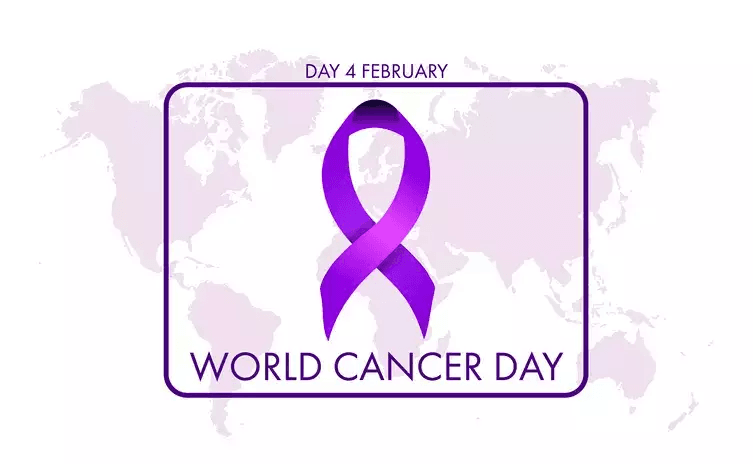World Cancer Day was marked on 4 February. It is marked globally with the aim of raising awareness about cancer, promoting early detection, prevention and treatment.

World Cancer Day 2024: facts
Key facts about cancer, according to the World Health Organization (WHO), include:
- In 2020, cancer became the leading cause of global deaths, with approximately 10 million fatalities.
- The most common cancers include breast, lung, colon, rectum, and prostate cancers.
- About one-third of fatal cancers are attributed to factors such as smoking, high body mass index, alcohol consumption, diet and nutrition, and lack of physical exercise.
What is cancer?
Cancer is a disease which occurs when changes in a group of normal cells within the body lead to uncontrolled, abnormal growth forming a lump called a tumour; this is true of all cancers except leukaemia (cancer of the blood).
Signs and symptoms of cancer
With so many different types of cancers, the symptoms are varied and depend on where the disease is located. However, there are some key signs and symptoms to look out for, including:
- Unusual lumps or swelling – cancerous lumps are often painless and may increase in size as the cancer progresses
- Coughing, breathlessness or difficulty swallowing – be aware of persistent coughing episodes, breathlessness or difficulty swallowing
- Changes in bowel habit – such as constipation and diarrhoea and/or blood found in the stools
- Unexpected bleeding – includes bleeding from the vagina, anal passage, or blood found in stools, in urine or when coughing
- Unexplained weight loss – a large amount of unexplained and unintentional weight loss over a short period of time (a couple of months)
- Fatigue – which shows itself as extreme tiredness and a severe lack of energy. If fatigue is due to cancer, individuals normally also have other symptoms
- Pain or ache – includes unexplained or ongoing pain, or pain that comes and goes
- New mole or changes to a mole – look for changes in size, shape, or colour and if it becomes crusty or bleeds or oozes
- Complications with urinating – includes needing to urinate urgently, more frequently, or being unable to go when you need to or experiencing pain while urinating
- Unusual breast changes – look for changes in size, shape or feel, skin changes and pain
- Appetite loss – feeling less hungry than usual for a prolonged period of time
- A sore or ulcer that won’t heal – including a spot, sore wound or mouth ulcer
- Heartburn or indigestion – persistent or painful heartburn or indigestion
- Heavy night sweats – be aware of very heavy, drenching night sweats
Early detection of cancer
There are a number of cancers which can be identified early which helps to improve the chances of successful treatment outcomes, often at lower costs and with fewer (or less significant) side effects for patients. There are cost-effective tests that help detect colorectal, breast, cervical and oral cancers early and further tests are being developed for other cancers.
For more information visit The Irish Cancer Society Website or The World Cancer Day website.






